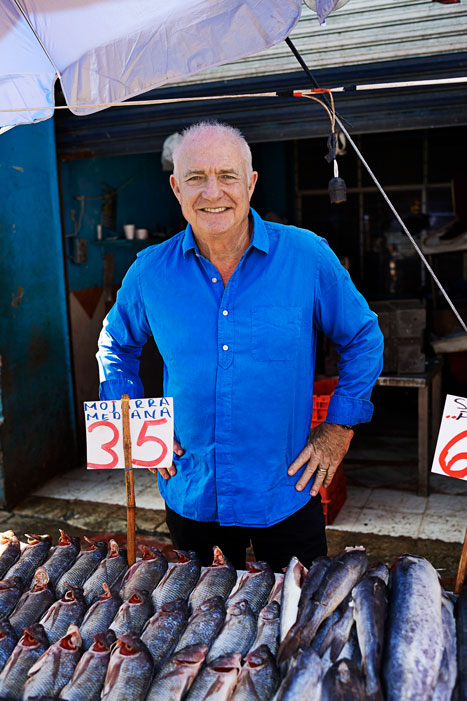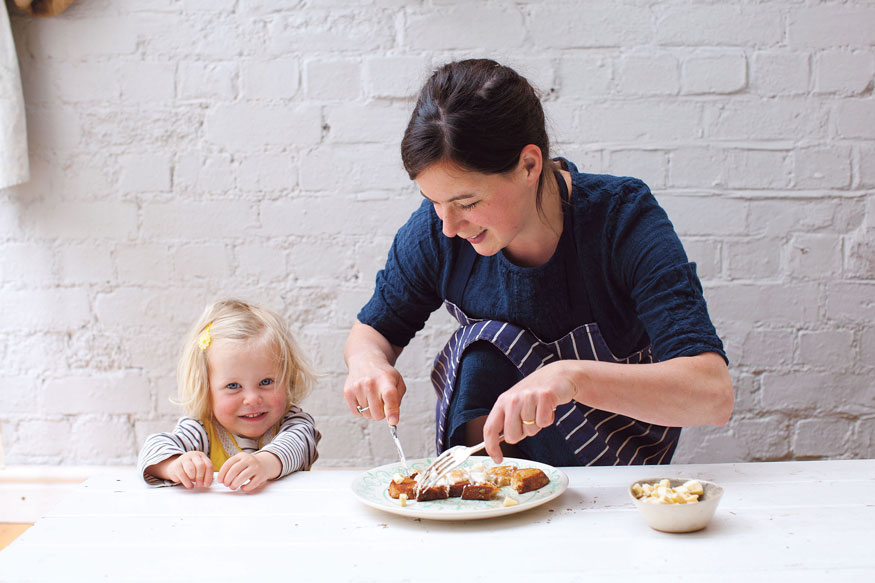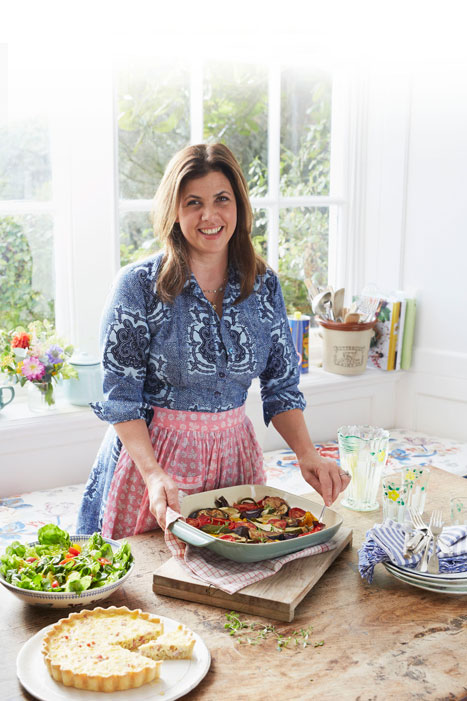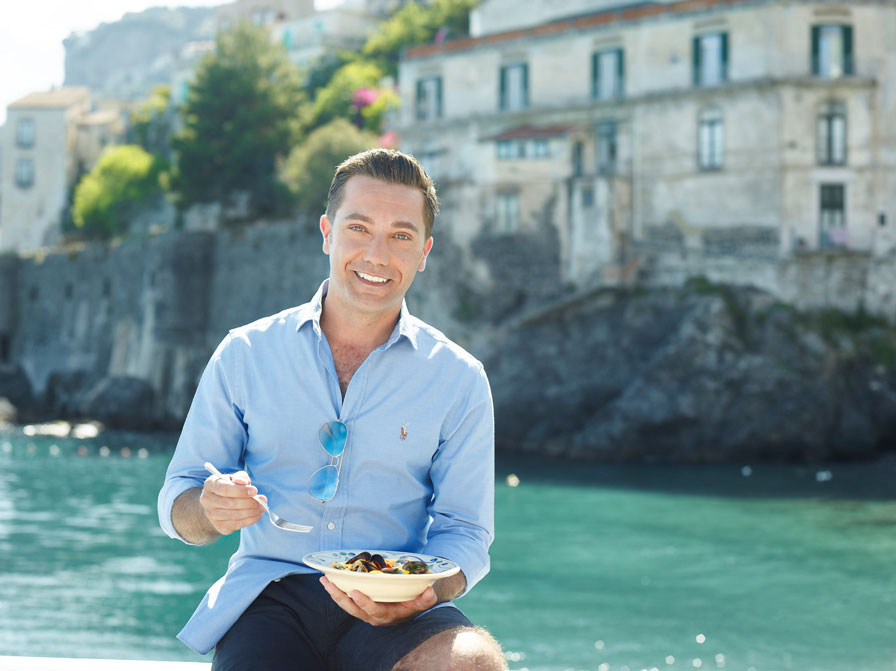Flagship Budget changes to help young people get onto the property ladder will mainly benefit people who already own homes by forcing up purchase prices, the official economic watchdog has warned.
McCarthy Holden also believe the measures announced today missed an opportunity to improve house availability supply in the short term, by not addressing wider stamp duty changes designed to improve mobility and increase choice and supply.
 “The missed opportunity on the stamp duty front is directly linked to the weakness of this Government,” according to John Holden Chairman of McCarthy Holden, “and the mid to top end property sectors are long overdue a stamp duty reduction since the disastrous hike in the stamp levy on larger properties by George Osborne”
“The missed opportunity on the stamp duty front is directly linked to the weakness of this Government,” according to John Holden Chairman of McCarthy Holden, “and the mid to top end property sectors are long overdue a stamp duty reduction since the disastrous hike in the stamp levy on larger properties by George Osborne”
“Ever since Osborne significantly increased house purchase stamp duty on more expensive properties, especially over £2.0m., this sector stagnated, tax revenue fell and buyers motivations to move hit rock bottom, which in turn has impacted directly on availability of housing stock. It’s obvious that if there is a healthy top end with motivated sellers and buyer this will feed into the mid to lower end sectors because buyers will have the motivation to move and the supply side of property will increase.”
“Politically Hammond was weak,” continues Holden, “because he didn’t have the resolve to stand up to the inevitable Jeremy Corbyn stance to a reduction in top end stamp duty, however the prospect of a looking after the rich accusation by Corbyn should have been faced down in the greater interest of achieving a supply side and mobility gain with the prospect of increased tax revenue” concluded Holden.
Today Chancellor Philip Hammond abolished stamp duty for first-time buyers on properties worth up to £300,000 as part of a giveaway Budget package which pumped an additional £25 billion into priorities like housing, infrastructure and the NHS in a bid to build “a Britain fit for the future”.
But the Office for Budget Responsibility took the shine off the move – which the Treasury says will benefit a million home-hunters by an average £1,660 over five years – by predicting it will push up prices by around 0.3%, leaving many first-time buyers paying more than they would have done without the relief. Forecasting that the change, estimated to cost more than £3 billion by 2022/23, will result in as few as 3,500 additional home purchases a year, the OBR said: “The main gainers from the policy are people who already own property, not the first-time buyers themselves.”
Treasury sources insisted that the measure, which will also apply to the first £300,000 of homes worth up to half a million pounds, would be a welcome boost to first-time buyers, with 95% seeing a cut in the amount of stamp duty paid and 80% paying none at all.
Despite the tight economic backdrop, Mr Hammond announced significant investments including: An additional £15 billion for housing in a bid to reach the target of building 300,000 extra new homes a year by the mid-2020s, an extra £7.5 billion for the NHS over the next five years and another £3 billion to prepare for the impact of Brexit.

 MasterChef winner Tim is American, so his first British Christmas was quite the experience: “First of all, so many desserts – trifle, the cake, the Christmas pudding. Then my mother-in-law makes Christmas cookies and rocky road. Mince pies; I didn’t like them at first, I thought they were too sweet, but now I can’t get enough of them. And then the roast dinner, which I think is the height of British cooking. Roast potatoes, my father-in-law taught me to make them and they’re amazing. We just do mash in America.”
MasterChef winner Tim is American, so his first British Christmas was quite the experience: “First of all, so many desserts – trifle, the cake, the Christmas pudding. Then my mother-in-law makes Christmas cookies and rocky road. Mince pies; I didn’t like them at first, I thought they were too sweet, but now I can’t get enough of them. And then the roast dinner, which I think is the height of British cooking. Roast potatoes, my father-in-law taught me to make them and they’re amazing. We just do mash in America.” “The first time I had an Australian Christmas, which was salad and prawns outdoor by the pool – and this was in the early-Eighties; my fond memories are always of having turkey or goose – but having a genuine Australian Christmas, which a lot of Aussies don’t have, they still have roast turkey, was quite special,” says the seafood aficionado.
“The first time I had an Australian Christmas, which was salad and prawns outdoor by the pool – and this was in the early-Eighties; my fond memories are always of having turkey or goose – but having a genuine Australian Christmas, which a lot of Aussies don’t have, they still have roast turkey, was quite special,” says the seafood aficionado. The ‘5 O’clock Apron’ blogger lived in Africa until she was eight, so grew up having hot Christmases by the pool, as did her Kiwi husband Matt. But some of her favourite Christmases have been since she moved to England and started spending them at her mum’s house in Shropshire, although they still rarely have turkey: “We have a brilliant photo of Matt standing in gum boots in about 3ft of snow with a head-torch on, barbecuing steaks in my mum’s garden.”
The ‘5 O’clock Apron’ blogger lived in Africa until she was eight, so grew up having hot Christmases by the pool, as did her Kiwi husband Matt. But some of her favourite Christmases have been since she moved to England and started spending them at her mum’s house in Shropshire, although they still rarely have turkey: “We have a brilliant photo of Matt standing in gum boots in about 3ft of snow with a head-torch on, barbecuing steaks in my mum’s garden.” To avoid rushing about with the turkey, while the kids open their presents first thing, the presenter and Kirstie’s Real Kitchen author has restructured Christmas day: “I like to do the supper at six o’clock, after the Queen’s speech, and basically have an all-day, rolling breakfast while everyone opens their presents. So, pancakes, scrambled eggs and maybe a bit of salmon – easy things. You can keep everyone fed and occupied – maybe have a couple of glasses of prosecco – and then have a big early supper.”
To avoid rushing about with the turkey, while the kids open their presents first thing, the presenter and Kirstie’s Real Kitchen author has restructured Christmas day: “I like to do the supper at six o’clock, after the Queen’s speech, and basically have an all-day, rolling breakfast while everyone opens their presents. So, pancakes, scrambled eggs and maybe a bit of salmon – easy things. You can keep everyone fed and occupied – maybe have a couple of glasses of prosecco – and then have a big early supper.” “Here, it’s all about having a starter and then having this huge plate, where the turkey goes on top and the Yorkshire pudding and the potatoes, then it’s pretty much over. In Italy it’s different,” explains Gino D’Acampo, whose new book, Gino’s Italian Coastal Escape, was recently released. “We do between 10 and 15 different courses. We have fish, because we don’t have turkey. One of the dishes we do is sea bass cooked in a salt crust. We do a lot of antipasti, cured hams and cheeses. Then we do one or two plates of pasta. There is a lot for everybody, and you put everything in the middle of the table and spend four or five hours eating all beautiful different kinds of foods.”
“Here, it’s all about having a starter and then having this huge plate, where the turkey goes on top and the Yorkshire pudding and the potatoes, then it’s pretty much over. In Italy it’s different,” explains Gino D’Acampo, whose new book, Gino’s Italian Coastal Escape, was recently released. “We do between 10 and 15 different courses. We have fish, because we don’t have turkey. One of the dishes we do is sea bass cooked in a salt crust. We do a lot of antipasti, cured hams and cheeses. Then we do one or two plates of pasta. There is a lot for everybody, and you put everything in the middle of the table and spend four or five hours eating all beautiful different kinds of foods.”